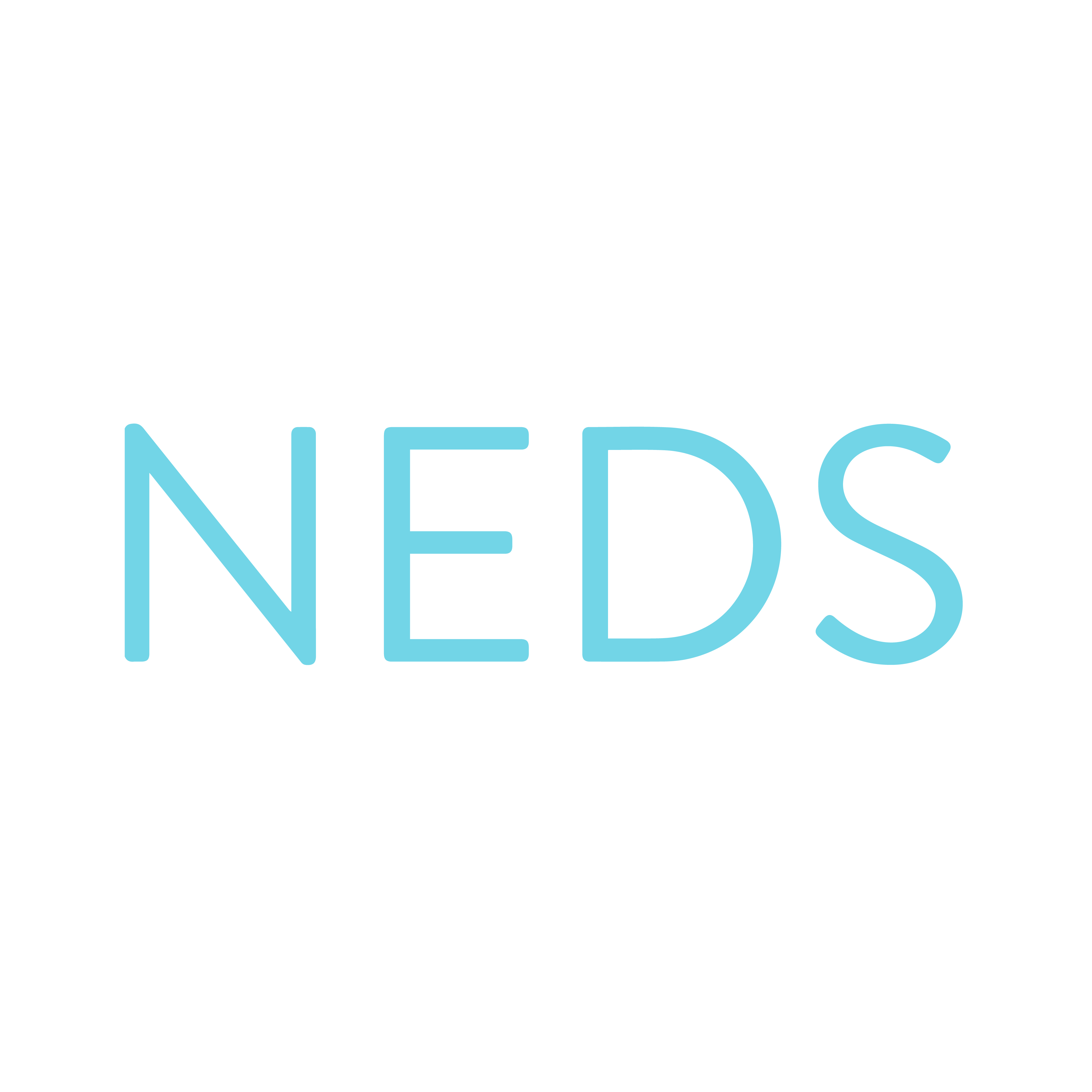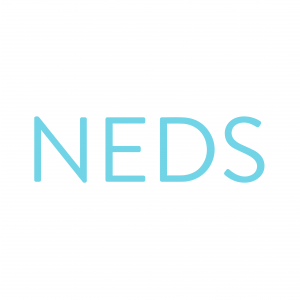For Patients
FAQ’s
What is the North of England Dermatological Society (NEDS)?
The NEDS was formed to support dermatology clinical education and to share knowledge and experience on the management of rare and complex dermatological diseases.
Who can be a NEDS member?
All NEDS members are fully trained doctors. Most members are dermatology consultants on the GMC Specialist Register for dermatology. Other members are doctors completing their final specialist training to become dermatology consultants and a few are doctors who have a particular interest and experience in dermatology.
What happens at a NEDS meeting?
NEDS meetings almost always take place in a local hospital and organised by the local dermatology department. Patients who have suffered rare or complex dermatological conditions are invited to attend so that their condition can be reviewed and discussed with members.
Patients attending meetings contribute to the education of doctors who are developing their skills in dermatology and the ongoing education of senior dermatology doctors. In addition, the discussion that takes place in the second part of the meeting may be valuable to patients and their doctors, should further treatment or management options be suggested which may help in patient care.
I have been invited by my doctor to attend a NEDS meeting- what does this involve?
Well firstly, we would like to thank you for considering attending the meeting. Without patients like you generously giving their time, these educational meetings would not happen.
You will have been invited to come to a dermatology outpatient clinic on a given date and time. When you attend, you will be offered refreshments and shown to a room. NEDS members (doctors) will come in to meet you in small groups. Each doctor will be wearing an identity badge. They will introduce themselves and ask questions about your condition and how it has affected you. If it is appropriate (and you are comfortable with this) they will also ask to take a look some of your skin. Please feel free to interact with the doctors you meet. This part of the meeting usually takes about 1 ½ hours and when the session is over after this, you will be thanked by the staff before you head home.
You will be offered a small honorarium (usually a shopping voucher) in recognition of your time and travel costs.
Will I receive any feedback after the meeting?
The doctors meet together after meeting all the patients who attend and there is an opportunity for discussion and feedback.
Some of the patient’s and their conditions are discussed in more detail. The types of things which are discussed may include
- Current approaches to diagnosis and management of rare and unusual dermatology conditions
- Presentations of rare dermatological problems
- Recent progress in diagnostics and management of dermatological conditions
- The impact of skin disorders on individuals and the importance of a holistic approach to management
- Specific points relevant to an individual
Alternatively, the doctors may be asked to write down any comments about your skin condition, diagnosis and treatments which may help to guide the doctor taking care of you, and these comments are given back to your consultant.
Following on from the meeting, your consultant will usually be in touch with you to thank you again for attending and let you know the outcome of the meeting and whether any suggestions were made about tests or treatments which may be considered.
What if I decide that I do not want to take part in a NEDS meeting?
We appreciate that meeting a lot of doctors and talking about personal things is not for everyone. If you decide not to take part in a NEDS meeting please be reassured that your care will continue in the usual way. If you change your mind after initially accepting an invitation to attend a NEDS meeting please let your doctor know so that they can plan accordingly and make sure that you have a suitable follow up arrangement. Once again your care will not be affected in any way.
I have a query about the meeting I have been asked to attend, who should I contact?
Please contact your consultant via their secretary at the hospital where you are usually seen, who will be able to help.

